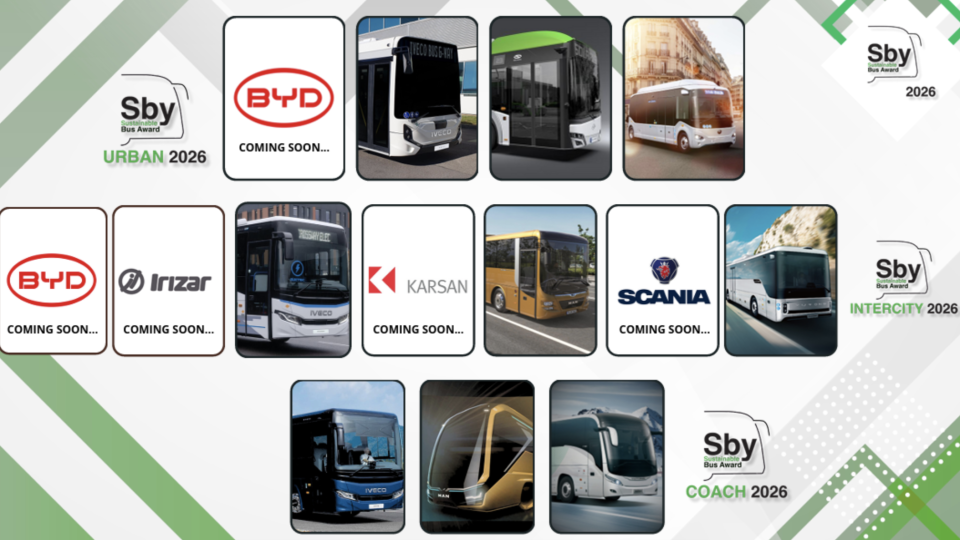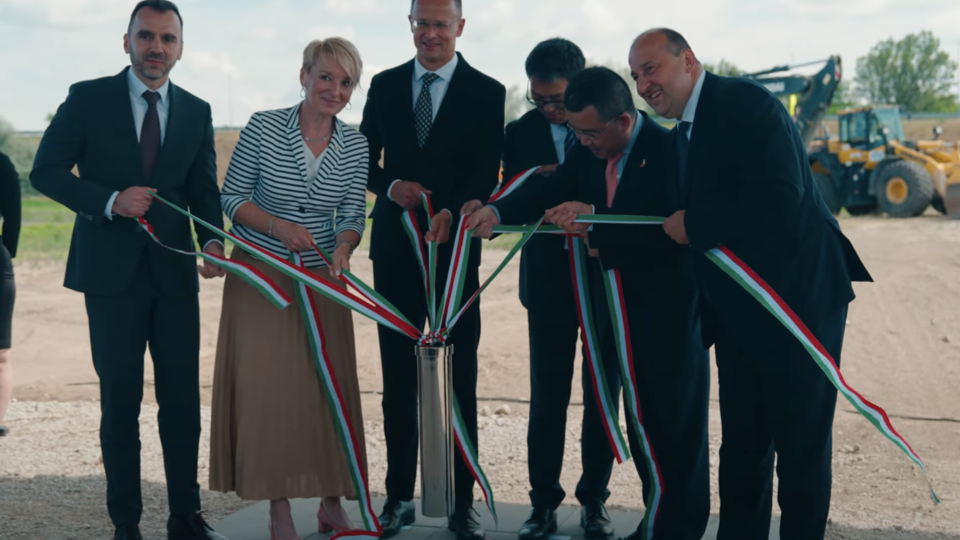VDL towards the launch of the new generation Citea bus range. Electric only
Lighter structure and battery packs integrated in the floor. In 2021, VDL Bus & Coach will present the new generation of the Citea bus range. It’ll be the outcome of a new concept entirely developed on an electric driveline. More details will be announced in the coming months, VDL points out. The new electric bus […]
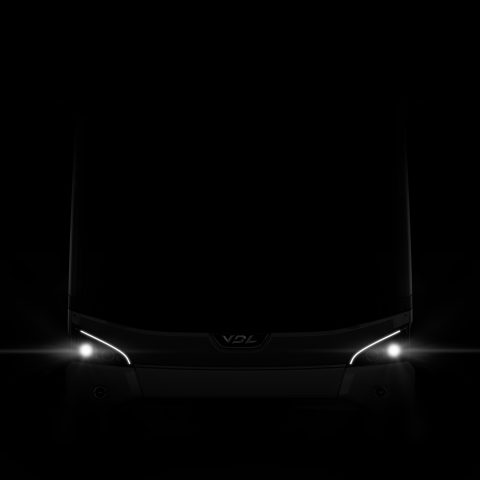
Lighter structure and battery packs integrated in the floor. In 2021, VDL Bus & Coach will present the new generation of the Citea bus range. It’ll be the outcome of a new concept entirely developed on an electric driveline. More details will be announced in the coming months, VDL points out. The new electric bus family will be on display for the first time during Busworld next October in Brussels.
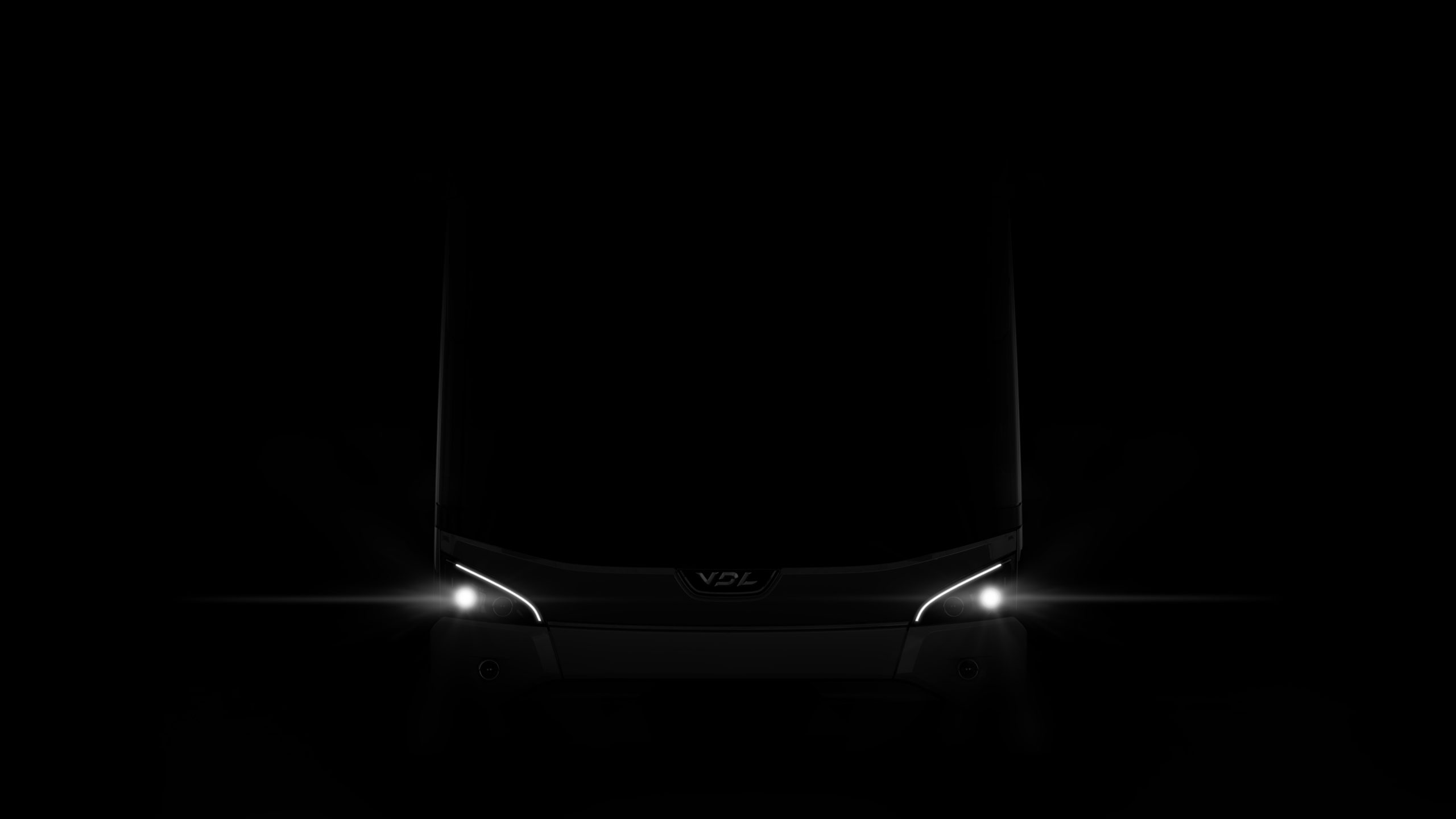
VDL Bus & Coach highlights that the new range of Citea will be featuring «an innovative composite sidewall construction that is 15% lighter than a conventional sidewall. The battery pack is integrated into the floor as standard. This ensures better weight distribution, greater stability (safety) and increases passenger capacity. The choice of efficient components, lightweight construction, good insulation, aerodynamic design and optimum energy management reduce the vehicle’s energy consumption by up to as much as 30%». More information will be boadcast on VDL social media channels between December 2020 and April 2021.
New generation VDL Citea: manufacturing industry in Europe
The new generation of Citea is also being built in the Netherlands and Belgium. Coppens says: “The pursuit of sustainable mobility solutions is an important pillar of the climate strategy in many European countries. On the basis of our social commitment, we are sticking to our strategy of maintaining and strengthening the high-quality manufacturing industry in terms of knowledge, innovation and production in Western Europe. In the spirit of VDL Groep’s vision: the manufacturing industry has a future in Europe. Europe has a future in manufacturing.”
VDL electric buses in Europe
VDL Bus & Coach recaps that following the introduction of the first Citea in 2013, the first contract with the German city of Münster was signed in April 2015 for the supply of 4 Citea SLF-120 Electric vehicles. Shortly afterwards, in October 2015, the company delivered the first of 8 Citea SLFA Electric vehicles in Germany to KVB Cologne.
In the Netherlands, VDL Bus & Coach is a frontrunner in the electrification of public transport, such as in the concessions of Southeast Brabant (Eindhoven), Southeast Friesland and Limburg, where commercial operation started in 2016. Of these concessions, Southeast Brabant, with 43 SLFA Electrics, was one of the most advanced in Europe and reached the milestone of 1,000,000 kilometres on 18 April 2017, after only 4 months of operation.
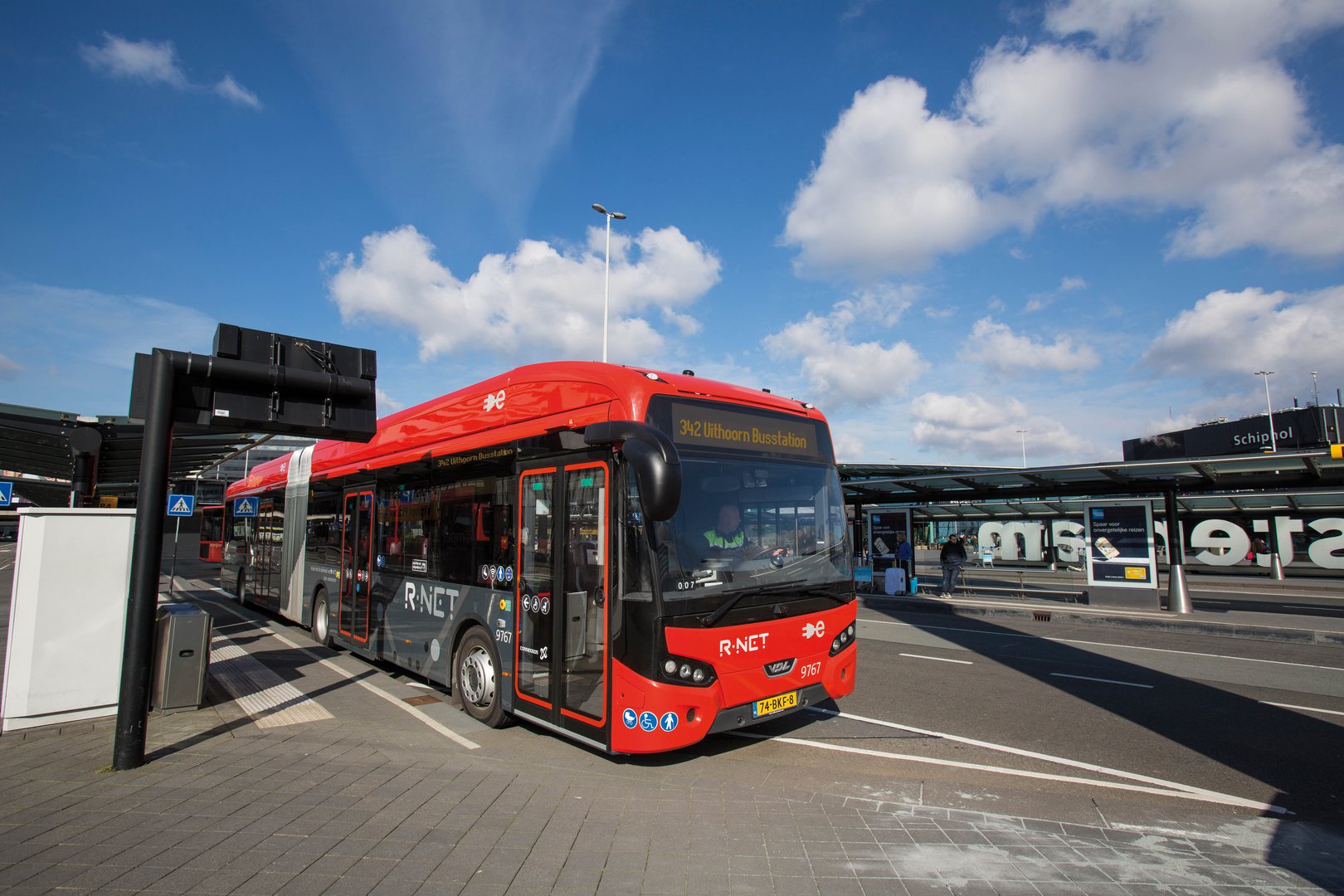
The order for e-buses for the concession of Amstelland Meerlanden in 2018 is still the largest order for VDL Bus & Coach and, with 100 e-buses, the largest electric bus fleet operated by a single company in Europe. A number of lines of this concession even run 24 hours a day, 7 days a week. The 100 articulated e-buses together travel up to 30,000 kilometres per day. 75,000,000 electric kilometres have been cover so far by VDL e-buses all around Europe.
New concept for the new generation VDL Citea range
“From the innovative vision for which VDL is known, a total concept has been developed,” explains Henk Coppens CEO of VDL Bus & Coach. “In recent years, we have been working hard behind the scenes to create a future-ready public transport platform that integrates the latest technologies. Modularity enables our customers to respond optimally to the challenges of public transport and the changing nature of mobility systems.”
Alex de Jong, Business Manager Public Transport at VDL Bus & Coach, adds: “Although the name Citea remains the same, the concept of the bus has been completely revamped and is based entirely on an electric driveline. The new generation of Citea, which will consist of four length variants, meets every possible demand from the market: each model offers an uncompromising solution in terms of durability, technology, range, passenger comfort and capacity, ergonomics, flexibility, safety and Total Cost of Ownership.”






